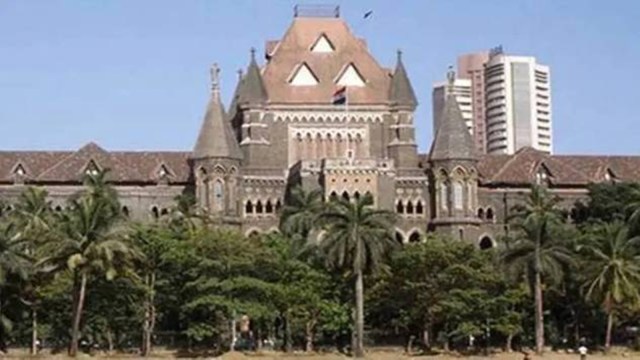Bombay HC transfers ‘tainted’ probe by Nagpur police in Ram Jhula ‘hit and run’ case to state CID
The bench observed that "initial inaction on the part of the investigating agency of letting the accused persons (Malu and co-passenger Madhuri Sarda) to go from the spot without taking initial steps to send them for medical examination bears substance."
 The bench directed that the probe be monitored by the senior officer of state CID, not below the rank of ACP or SP and he or she should take weekly review of the progress in the investigation. (File Photo)
The bench directed that the probe be monitored by the senior officer of state CID, not below the rank of ACP or SP and he or she should take weekly review of the progress in the investigation. (File Photo)The Nagpur bench of the Bombay High Court on Friday observed that the lapses in the initial probe into a case where a woman allegedly drove a car at excessive speed under influence of liquor killing two youth earlier this year, gave the impression that the same was ‘tainted.’
In observing so, the HC said it was not satisfied with the mode and manner in which the probe was conducted and transferred the investigation from Nagpur police to the State Criminal Investigation Department (CID).
A division bench of Justices Vinay G Joshi and Vrushali V Joshi passed the judgment in a plea raising doubts over the probe by Tahsil police station, Nagpur against accused Ritika Malu in FIR for offences of causing death by negligence among others under IPC.
The crime took place between 1.30 am and 1.45 am on February 25 this year at Ram Jhula bridge in the city. The accused had allegedly consumed alcohol and the car driven in rash and negligent manner was heading to Mayo Hospital square from Sadar area. While the Mercedes Benz car driven by Malu had almost crossed the bridge, it dashed from behind an Activa, due to which the deceased rider Mohd Hussain and pillion rider Mohd Ateque instantly died on the spot. After the incident, the accused and the co-passengers remained on the spot for some time, however, later they went away.
The plea by one Shahrukh Ziya Mohammad blamed the police for shielding the accused alleging that the probe was purposely delayed and the investigating officer (IO) deliberately kept certain lacunae at the behest of influential accused. It said that as no cognisance of representations of the kin of the deceased was taken by higher police authorities or the state government, they were prompted to approach the HC.
The bench observed that “initial inaction on the part of the investigating agency of letting the accused persons (Malu and co-passenger Madhuri Sarda) to go from the spot without taking initial steps to send them for medical examination bears substance.”
It observed that conduct of IO was ‘non-cooperative and unsatisfactory’ to their own state representative. The HC noted that the police themselves were not satisfied about conduct of the a police sub inspector, in whose presence liquor bottles were hastily removed from the offending car. The said fact indicated “everything was not fair, ultimately the process of investigation has been hampered,” and the material showed the probe was not ‘carried assiduously in a proper manner,” the bench noted.
“The lapses would reasonably create an impression that the initial investigation was lacking the bonafides or can be said to be tainted one,” the bench said, adding that the courts cannot turn blind eye on the premise that probe is a prerogative of the agency.
It went on to observe, “The people who are clamouring for justice should not harbour a feeling that, they are casualties despite demonstrating the unfairness and laxity in the process…Police have to ensure proper and quick investigation which is hallmark of criminal trial…Defective investigation tends to shake faith reposed by the members of the society including the accused as well as the victim.”
The bench directed that the probe be monitored by the senior officer of state CID, not below the rank of ACP or SP and he or she should take weekly review of the progress in the investigation.







